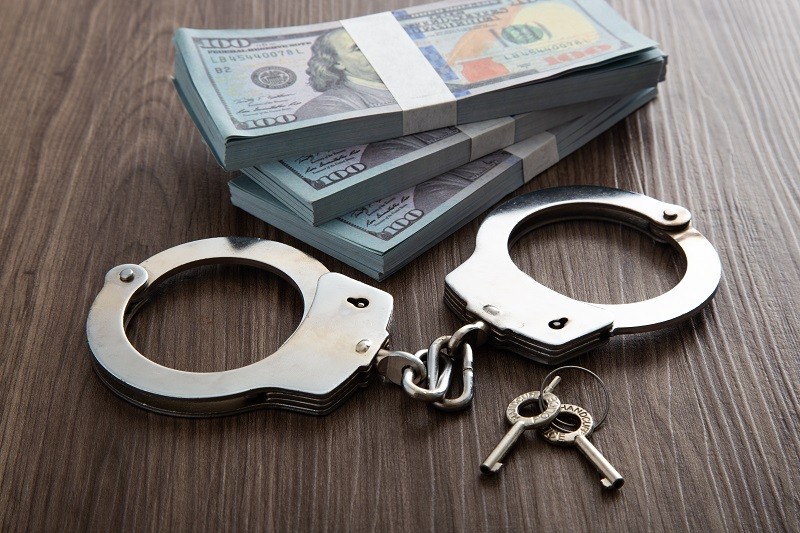by jiawen
Share
Share
Why PSMD Sector Faces Higher ML/TF Risks?
PSMD sector looks attractive to the launderers and terrorist financiers as the precious stones and precious metals have a high value. These products can be easily convertible into cash and difficult to trace when it comes to smuggling. These characteristics increase the likelihood of products being misused for illicit purposes especially when the anti-money laundering and combating the financing of terrorism (AML/CFT) controls are not in place.
Strengthening AML/CFT Compliance for Regulated Dealers
Therefore, the implementation of AML/CFT measures play the biggest part in the regulatory compliance requirements. Registered regulated dealers will have to develop a robust risk assessment framework. It should highlight the possible risk factors, potential impacts and the ways to mitigate the risks. In addition, the companies should develop Internal Policies, Procedures and Controls (IPPC) to provide a clear guideline to their employees. By doing so, they will have a better understanding on when and how to perform customer due diligence (CDD) and enhanced customer due diligence (ECDD). The employees will also be able to complete a cash transaction report (CTR) and file a Suspicious Transaction Report (STR) when there is a triggering event. By getting all the employees particularly those customer-facing employees to have sufficient knowledge and proper training on AML/CFT, they will be able to act as the first line of defence when customers are making transactions.
Some of the relevant risk factors that regulated dealers will need to take into consideration when developing their own set of AML/CFT control frameworks include profile of the customers (whether they are designated individuals or entities in the United Nations lists), their country of origins (whether the customers are originated from high risk jurisdictions) as well as the mode and value of transactions which may trigger suspicion. When there are appropriate compliance management arrangement, it can definitely help to safeguard this sector against criminal activities and ensure legitimate transactions.
The Singapore Terrorism Threat Assessment Report 2022 warns of heightened terrorism risks post-pandemic. Given the vulnerabilities in the PSMD sector, regulated dealers should adopt a risk-based approach and implement effective AML/CFT controls and training programmes.
Early in the year of 2019, the Precious Stones and Precious Metals (Prevention of Money Laundering and Terrorism Financing) Act 2019 (“PSPM Act”) has come into force to safeguard the precious stones and precious metals dealers (PSMD) sector against money laundering/ terrorism financing (ML/TF) risks.
Financial crimes like money laundering have heightened compliance risks for the PSMD sector. Under MinLaw’s AML/CFT regulations, all dealers must register, perform due diligence, and file cash transaction reports. Strengthening internal controls and staff awareness is key to preventing ML/TF violations and ensuring compliance.




